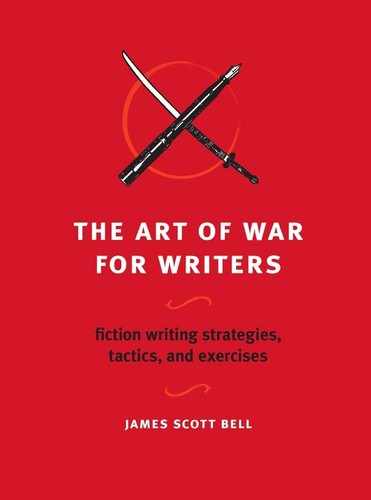
82
But I urge you to consider the idea of “the zone” that
comes when you write your story quickly, intensely. Take
time with your “pre-writing,” whatever form that takes
for you. Then follow the advice of Dorothea Brande, from
her little classic Becoming a Writer:
Say to yourself: “At ten o’clock on Wednesday
I will begin to write [the story],” and then dismiss
it from your mind. Now and then it will rise to the
surface. You need not reject it with violence, but
reject it. You are not ready for it yet; let it subside
again. Three days will do it no harm, will even help
it. But when ten o’clock strikes on Wednesday you
sit down to work.
Now; strike out at once. ... [T]ake no excuses,
refuse to feel any stage fright; simply start work-
ing. If a good fi rst sentence does not come, leave
a space for it and write it in later. Write as rapidly
as possible, with as little attention to your own
processes as you can give.
I interviewed Steve Martini and asked about his ap-
proach, and he said, “My manuscripts, which are fairly
long (130,000 to 150,000 words), are produced in fi nal
form in a period of between four and fi ve months. For
this reason my writing day is very long and often stretches
from late morning until late into the night and as the
deadline approaches often into the wee hours of the morn-
Z4273i_066-099.indd 82Z4273i_066-099.indd 82 9/24/09 11:20:54 AM9/24/09 11:20:54 AM

83
ing. It can be very intense, but I fi nd that plots that are
intricate and involved with numerous twists are often best
crafted in a more compressed time frame. It’s easier to
retain mastery over all of the complex story elements.”
Isaac Asimov, author/editor of seven hundred-plus
books, was once asked what he would do if he knew he
had only six months to live.
“Type faster,” he said.
Z4273i_066-099.indd 83Z4273i_066-099.indd 83 9/24/09 11:20:54 AM9/24/09 11:20:54 AM
..................Content has been hidden....................
You can't read the all page of ebook, please click here login for view all page.
